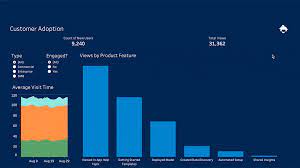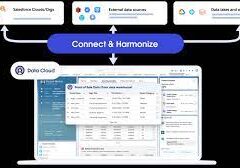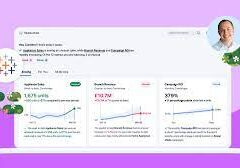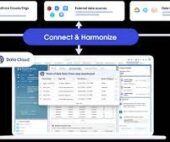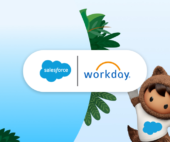Whether you’re exploring data visualization tools or delving into the realm of analytics, Tableau and Salesforce CRM Analytics (formerly known as Tableau CRM) likely appear on your radar, both under the Salesforce umbrella. In this discussion, we’ll scrutinize the key disparities between these solutions and discern when one triumphs over the other.
Firstly, let’s clarify the essence of both platforms:
Tableau stands as a standalone, user-centric business intelligence platform, offering a suite of products like Tableau Prep, Tableau Desktop, and Tableau Online, tailored for data preparation, visualization, and dissemination.
Salesforce CRM Analytics embeds analytics and reporting within Salesforce, furnishing insights seamlessly within your CRM workflow, predominantly drawing data from your Salesforce environment while accommodating certain external data sources.
Here’s a comparative glimpse:
Tableau:
- Caters to data modellers, report creators, and consumers across diverse domains.
- Primarily employed for management reporting, with versatility beyond CRM.
- Noteworthy strengths include self-service analytics, dynamic visualizations, and expansive data connectivity options.
Salesforce CRM Analytics:
- Geared towards Salesforce users necessitating CRM-centric insights within their workflow.
- Focused on operational reporting, with real-time data accessibility and actionable insights directly within Salesforce.
Moreover, Salesforce offers Einstein Discovery, an AI-powered analytics tool augmenting data analysis with machine-learning models and statistical analysis. It enables swift detection of correlations, prediction of outcomes, and recommendation of improvement strategies, enhancing proactive decision-making. This plug-in seamlessly integrates with both Salesforce CRM Analytics and Tableau, subject to appropriate licensing.
In contemplating between Tableau and CRM Analytics, Charlotte Bayart, Data & AI consultant at delaware, emphasizes the level of reporting:
“For business reports on a management level, Tableau will likely excel due to its versatility and powerful visualizations. However, for operational reporting within CRM workflows necessitating real-time insights and immediate actionability, CRM Analytics proves indispensable. With embedded solutions like CRM Analytics, users gain direct access to detailed insights without additional layers, facilitating prompt decision-making and action.”
Ultimately, organizations leveraging Salesforce as a CRM platform might find synergy in employing both Tableau and CRM Analytics concurrently, optimizing their analytical prowess across various reporting needs.

